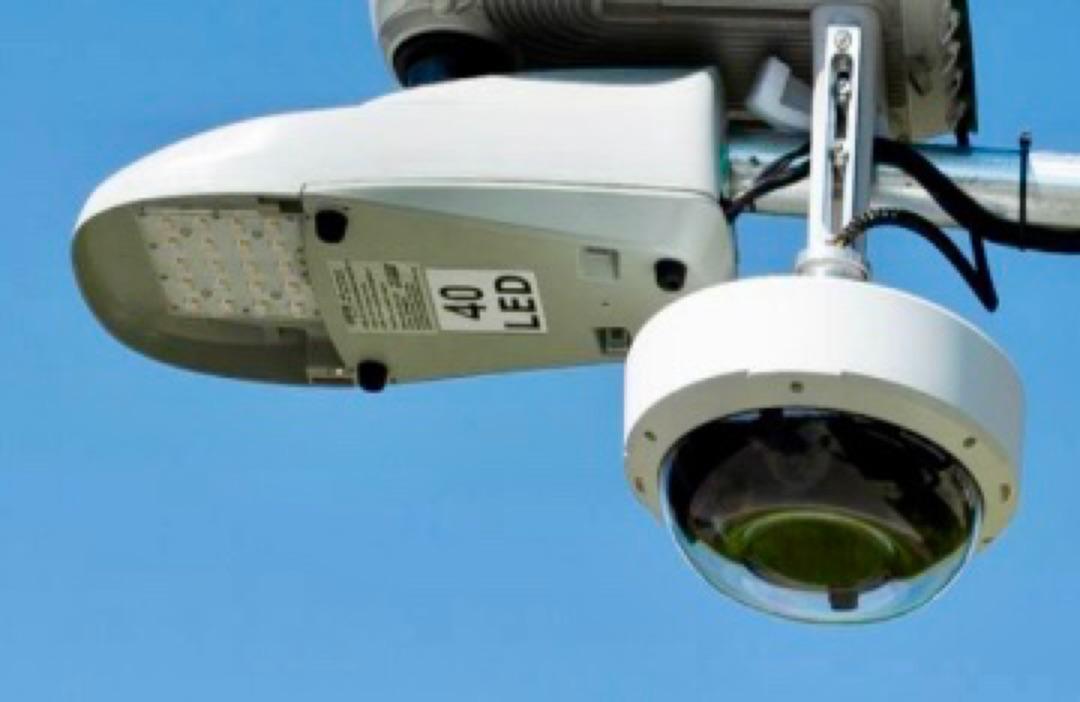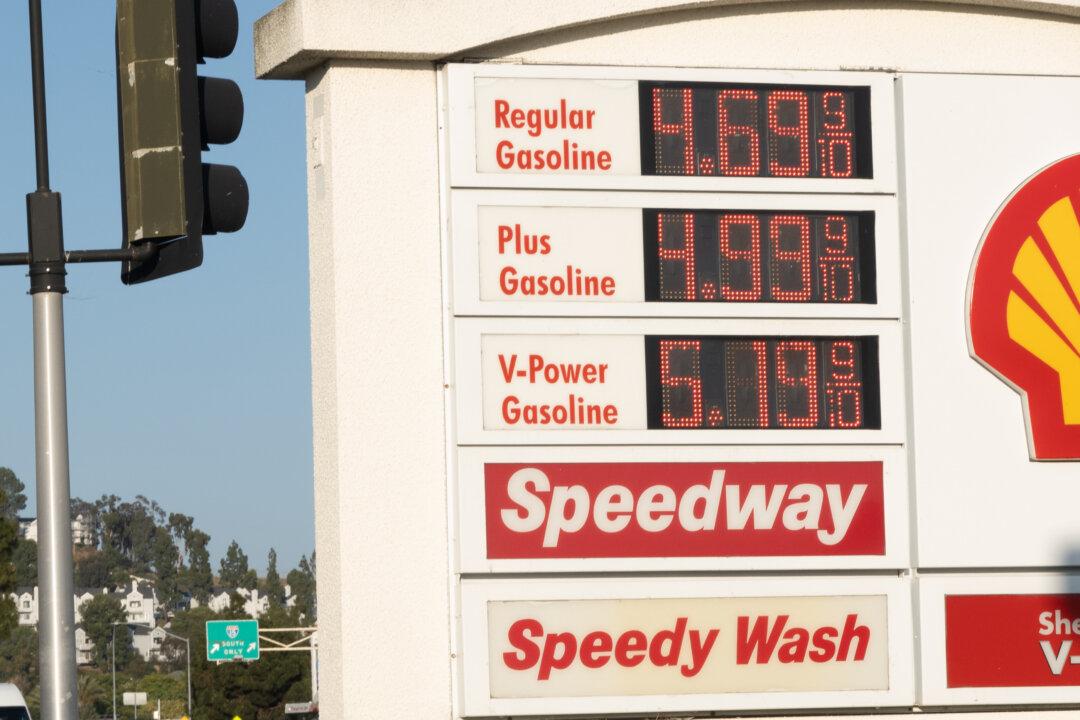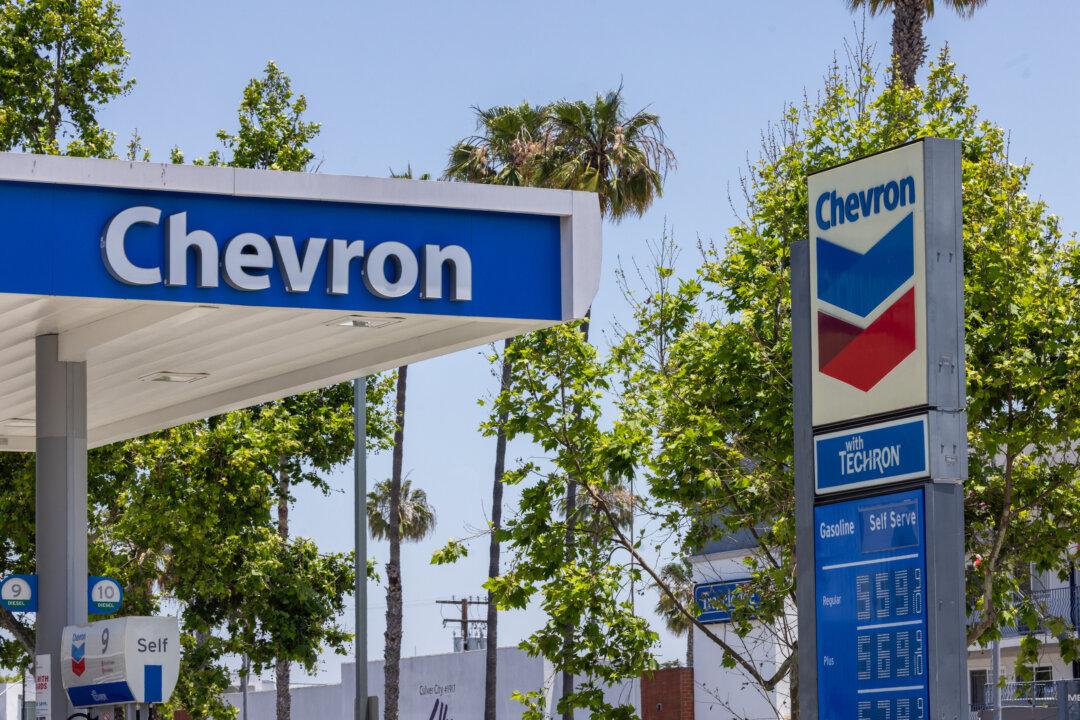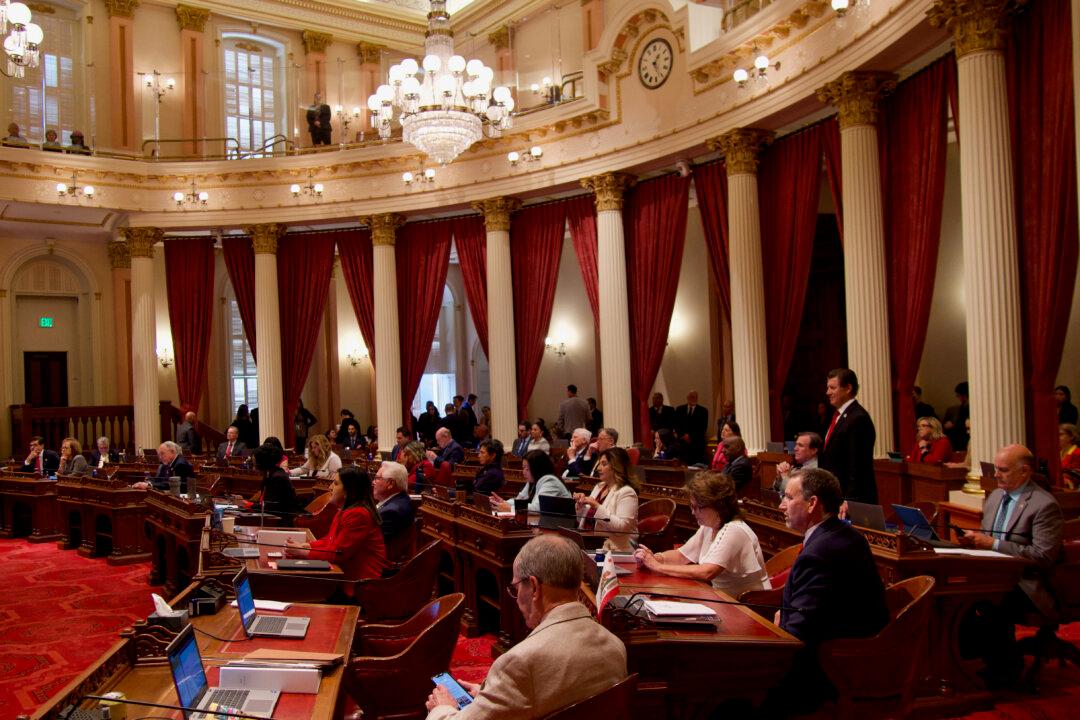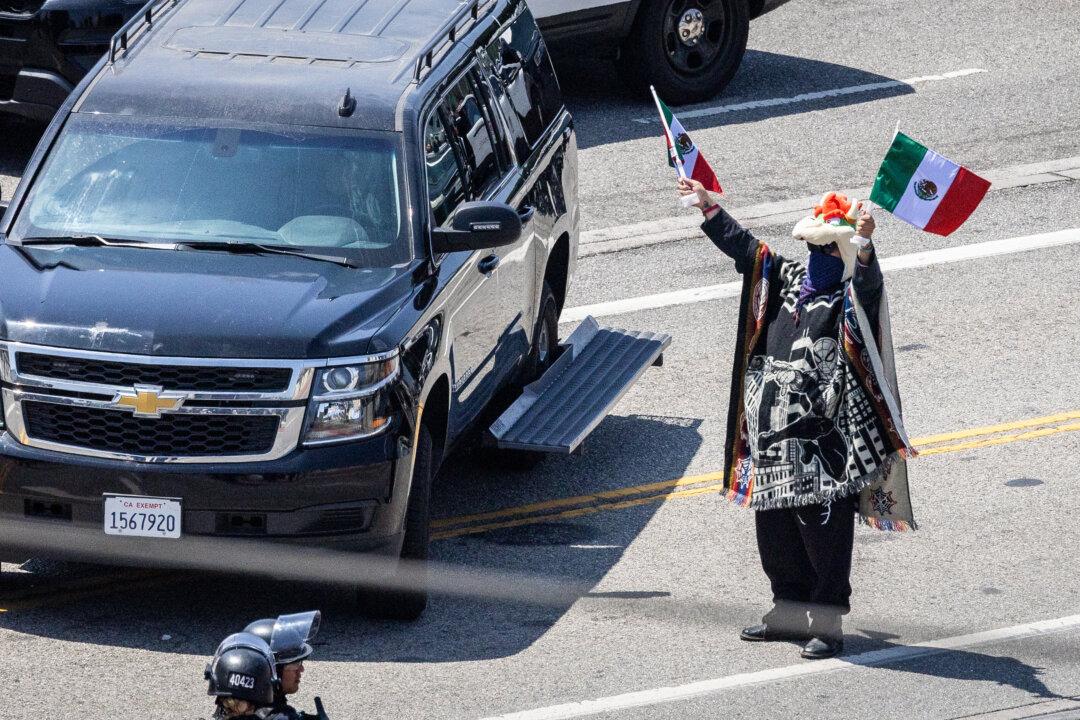SAN DIEGO—Smart streetlights and automated license plate recognition technology have contributed to solving 229 criminal cases and resulted in 166 arrests since December, city leaders and the San Diego Police Department (SDPD) said Oct 14.
These are “incredibly important tool[s] for solving serious crimes across our city, by narrowing down suspects and bringing them into custody faster,” San Diego Mayor Todd Gloria said at a joint press conference with the police department.
